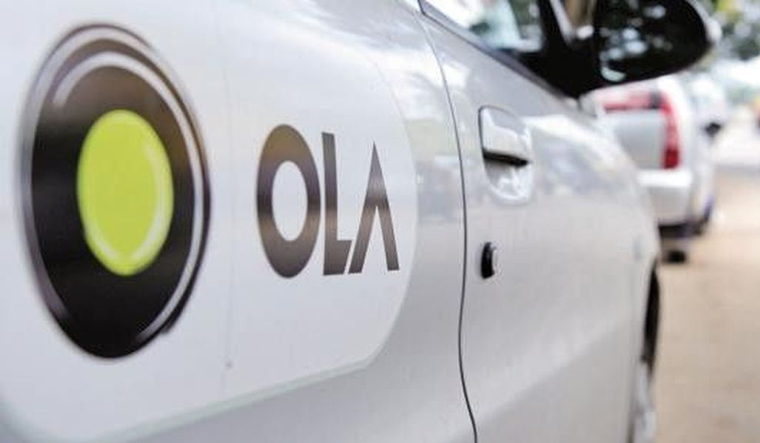Cab hailing app Ola's founder Bhavish Aggarwal is on a mission to set up the world's largest electric scooter factory in Bengaluru. The plan is to make 10 million vehicles annually or 15 per cent of the world's e-scooters by the summer of 2022, starting with sales abroad later this year, says a Bloomberg report.
If everything goes well, Aggarwal's aim is to build the plant within the next 12 weeks, cranking out about 2 million a year. That would be one scooter rolling out every two seconds after the plant expands next year. With the envisioned $330 million mega-factory on a 500-acre plot in southeast Bengaluru, Aggarwal looks to position Ola Electric in the league of Elon Musk's Tesla and China's Nio Inc. To start with, he wants to introduce five two-wheeler models at the outset, including mass-market, premium and self-balancing versions.
He wants to get the first electric cars on Indian roads in 18 to 24 months. Aggarwal envisions the trade to play in a $200 billion domestic EV industry in a decade.
Ola's factory site will sport more than 3,000 robots working alongside 10,000 workers. Software built by its 1,000-member team--mostly engineers--will divvy up the work. The factory's roof will be covered with solar panels and be carbon negative. Two supplier parks at either end of the complex will make about half of the scooter components required.
Vehicle affordability could be key to cracking the India market, and it boils down to the running cost per kilometer. Aggarwal's not revealing prices yet but said his product would compete with traditional scooters going for about $1,000 apiece.
To keep costs in check, Ola is designing, engineering and manufacturing its own battery pack, motor, vehicle computer and software. Like Tesla, it wants to keep costs down by building its own power cells. It's testing charging solutions and battery-swapping stations. Last year, it acquired Amsterdam-based smart scooter startup Etergo BV to jumpstart its own scooter manufacturing.




